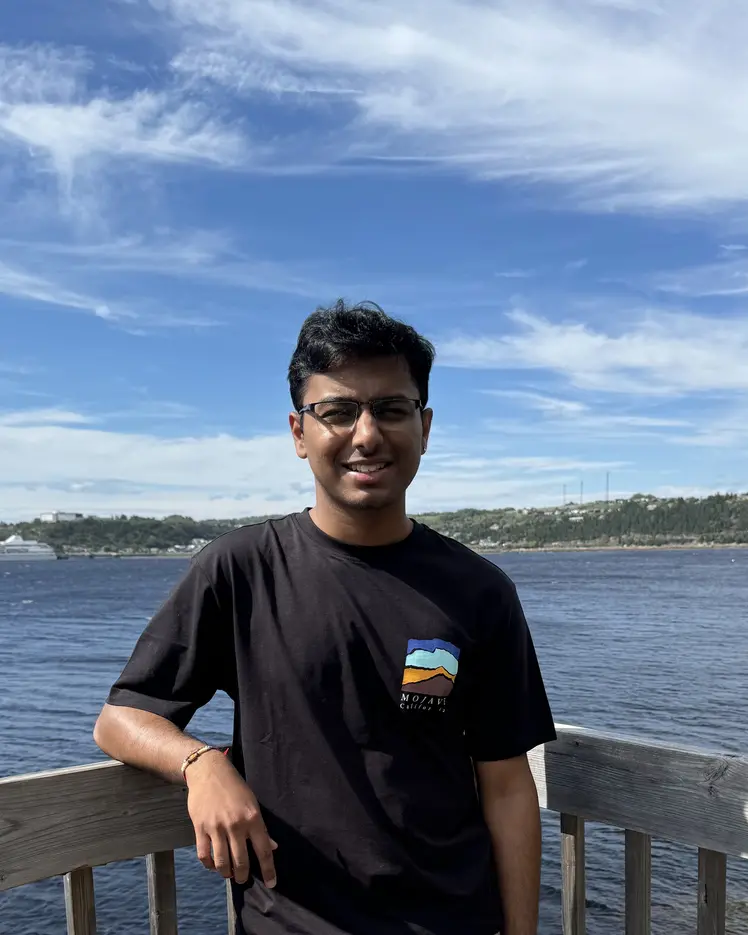
Vedant Shah
PhD - Université de Montréal
Supervisor
Research Topics
Computer Vision
Deep Learning
Generative Models
GFlowNets
Molecular Modeling
Probabilistic Models
Reasoning
Reinforcement Learning
Representation Learning


